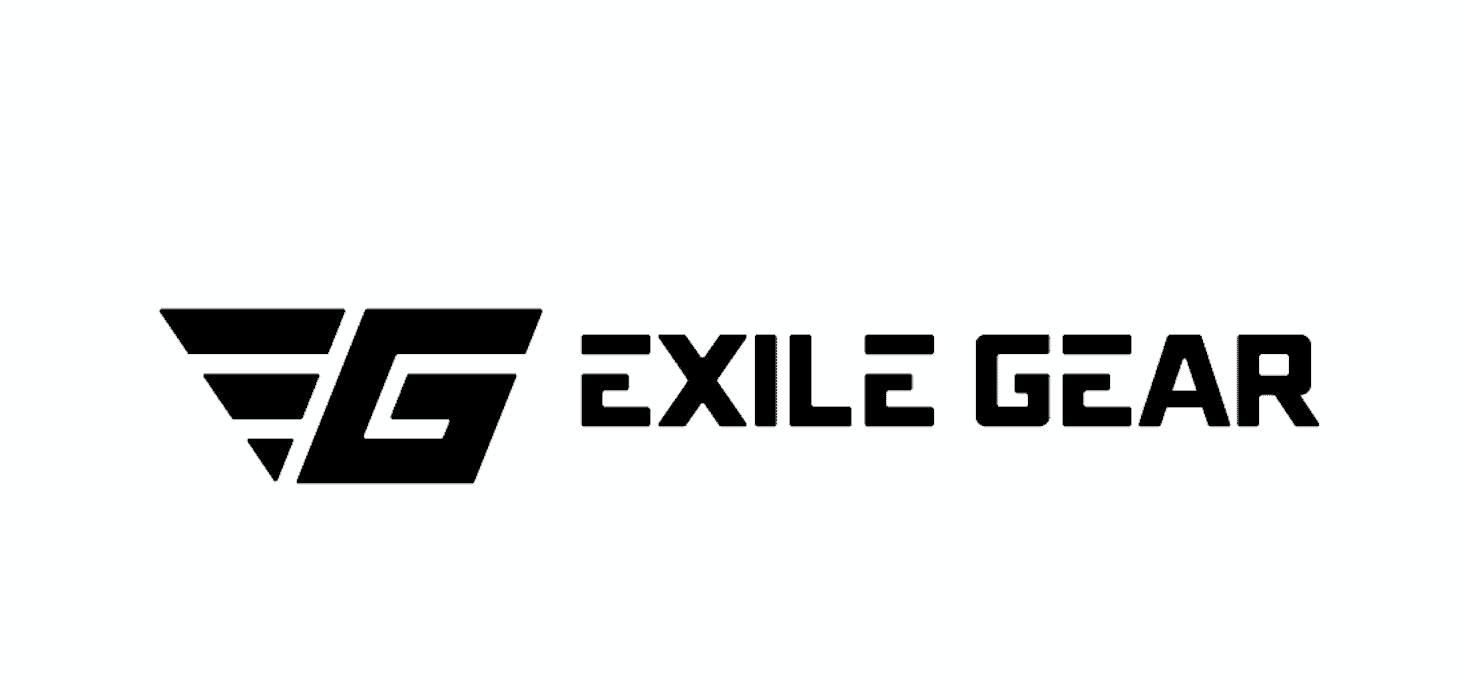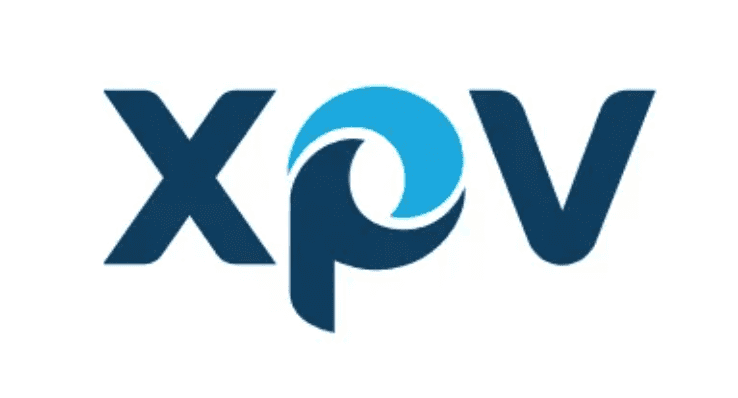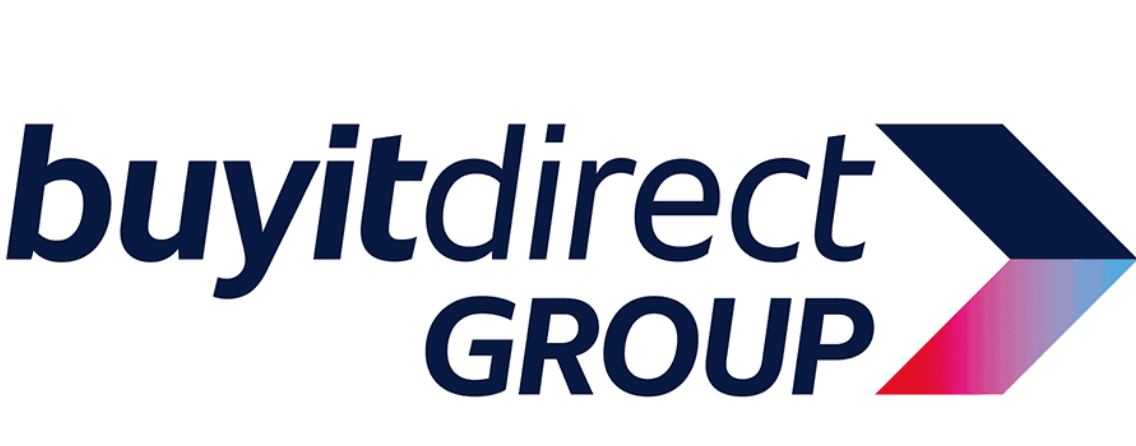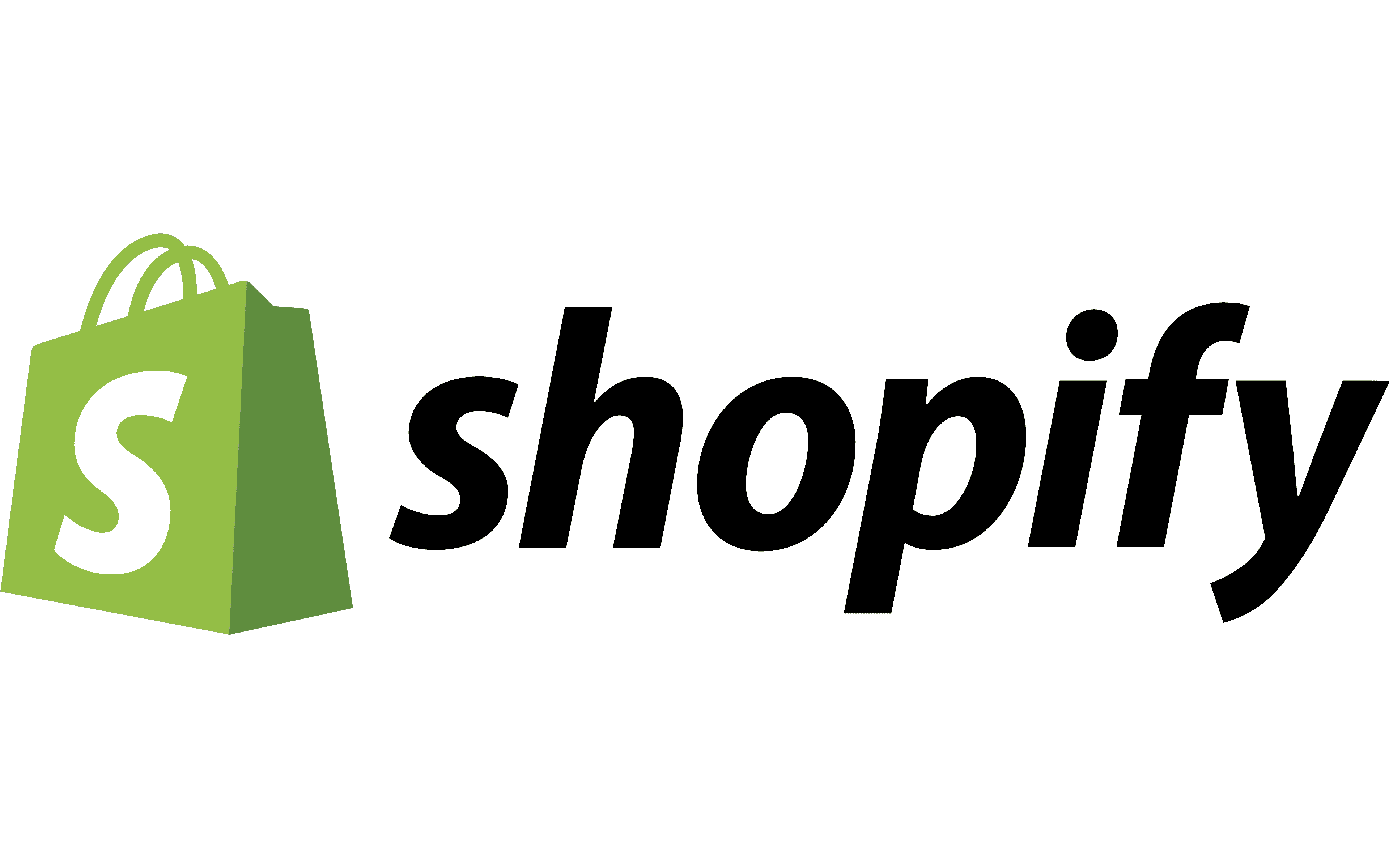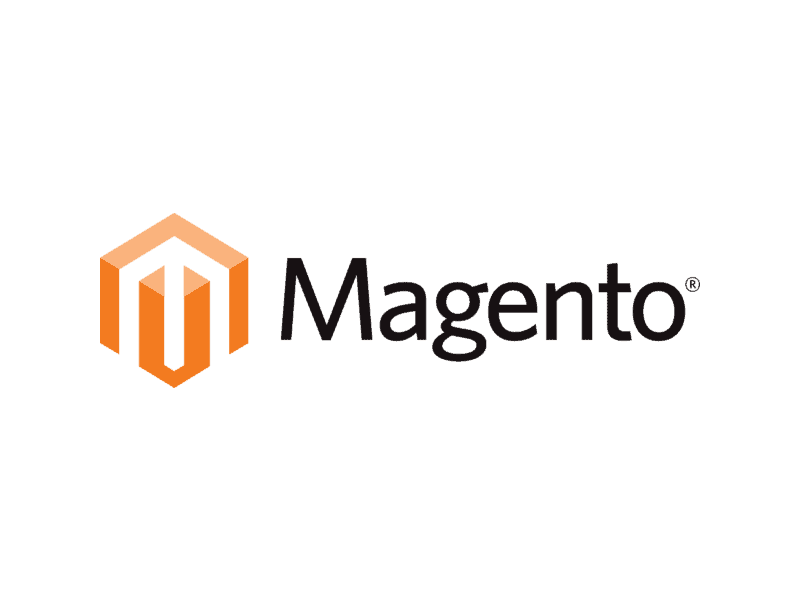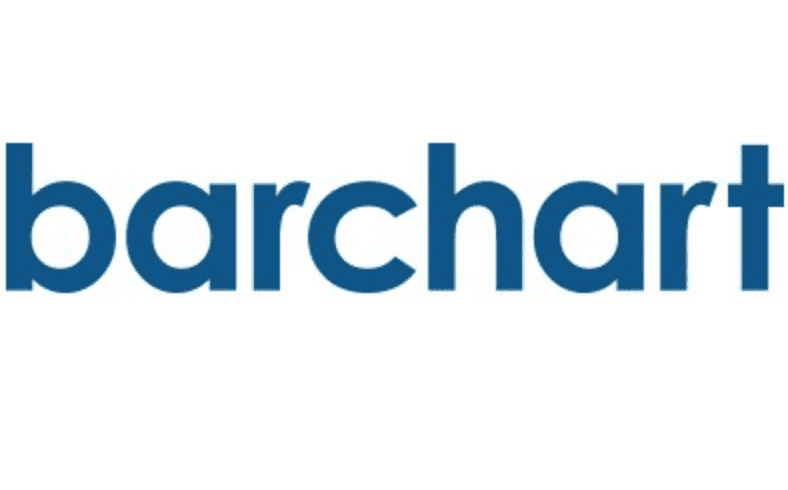Tailored eCommerce SEO services for maximum exposure of your eCommerce site
Digital Cornerstone is an eCommerce SEO specialist who has lived and breathed eCom since 2012.
We have a wealth of experience and have tested almost every technique under and strategy the sun on our own sites to gain as much knowledge as possible. Everything from link building techniques that really move the needle and increase rankings, to keyword research and on-page optimization that uncovers high-converting long-tail keywords and boosts online visibility and organic traffic opportunities.
Some of the brands we've worked with
There’s more to eCommerce marketing than SEO, such as PPC (pay-per-click), email marketing and social media marketing. However, the most consistent and cheapest online sales will come from organic Google search.
eCommerce SEO for your online store starts with planning & strategy
Why are eCommerce SEO services important to online stores?
The core components of eCommerce SEO
Research
We conduct full keyword research to find out what you're ranking for, benchmark the search terms around your products and what your competitors are ranking for.
By doing this we can develop the basis of your eCommerce SEO strategy that will make you the most money over time.
Audits & Technical
Everything starts with making sure your site is built on solid ground, so we audit your site for technical issues and to make sure your content is discoverable, crawlable and indexable.
Without these core details correct, your pages will never rank.
Content
With eCommerce sites, the content is mainly product and collection/category pages, so we make sure that the core elements of these pages are in line with the products and user intent.
We'll also map out content for supporting pages if required.
Link building
Backlinks are still the lifeblood, in fact, link building is the core component in SEO most strategies. Links that stand the test of time and are fundamental to every marketing strategy.
Therefore we will build links that will move the needle, build trust and authority and will dominate your competitors. We regularly land links in some of the most trusted and powerful websites in the world.
Here are a handful of the places you can expect us to build links from if you have the budget
Online stores and eCommerce is competitive & growing rapidly
Over the last few years, eCommerce retailers have seen a boom in sales due to the fact that the world has become comfortable buying online and having it delivered to their door within a few days.
However, with that extra demand comes additional competition, and with eCommerce website builders like Shopify, start-ups have the ability to configure and launch an eCommerce store within 2 days without the need for a developer.
The competition is fierce, however, what the vast majority of start-ups don’t have is the skillset, understanding or knowledge of what it takes to rank highly in Google for competitive search terms that drive revenue.
Choosing the right eCommerce SEO agency is critical
The marketing strategy for your eCom store must include search engine optimization if it's to succeed long-term. So make sure that the eCommerce SEO company you choose does the following:
-
- Map out eCommerce goals and KPIs
- If necessary, reconfigure or restructure your navigation based on UX (user experience) and search intent
- Map out a content strategy that focuses on user intent
- Create quality content that focuses on the correct target keywords
- Build backlinks that add fuel to the fire and skyrocket your rankings
Results from an SEO campaign in a tough niche
Below is a screenshot from the dashboard of a brand-new and small Shopify site that only had 1 product at the time. The store owners were starting up in a very tough niche that's dominated by the likes of Amazon and Argos and needed our help with it's launch in August of 2020 as the Christmas period and new year loomed large.
And given the short timeframe before the festive period, there wasn't much time to spare.
As you can see from the Shopify dashboard, the sales from this single product were good over the 4-month period shown below, and as the campaign matures, the results will get stronger.
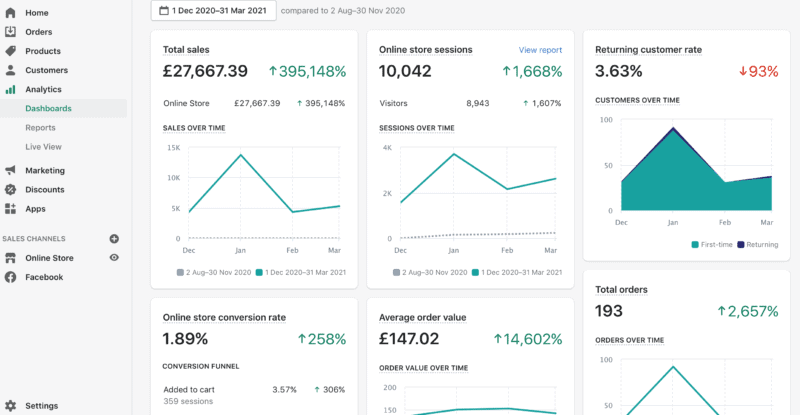
eCommerce SEO FAQ
[sp_easyaccordion id=”4892″]
Last updated on 17th October 2024 at 16:42
